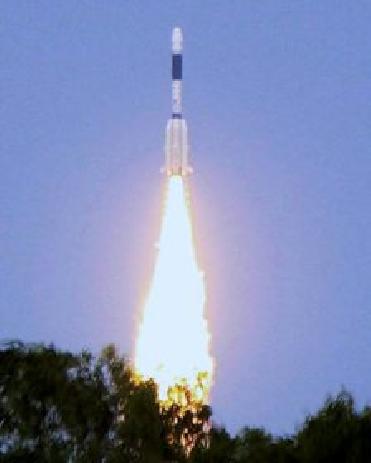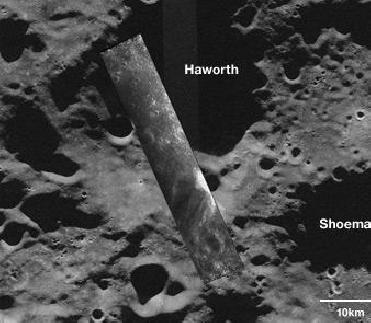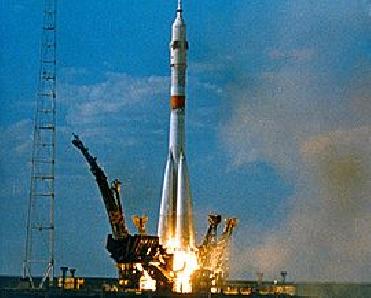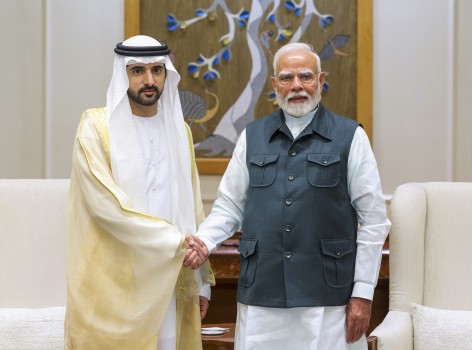
ISRO's GSLVD3 takes off from Satish Dhawan Space Centre in Shriharikota on Thursday. ISRO said the mission's objectives were not met fully. PTI Photo
CHENNAI (PTI): Top space scientists are analysing flight data from GSLV-D3 to zero in on the reasons for the non-ignition of indigenous cryogenic engine which is believed to have caused the mission failure, ISRO sources said on Saturday.
"The scientists are closely looking at the data obtained from the GSLV-D3 flight for detailed analysis", to be carried out at the Vikram Sarabhai Space Centre (VSSC) in Thiruvananthapuram, they told PTI here.
The rocket powered by the indigenous cryogenic engine for the first time plunged into Bay of Bengal 505 seconds after it lifted off from Sriharikota spaceport on Thursday.
The failure of the Rs 330 crore mission, which would have put the advanced communication satellite GSAT-4 in orbit, came as a setback to India's 18-year long quest for having its own cryogenic engine, a complex propulsion technology that has been mastered only by the US, China, Europe, Russia and Japan.
After the launch failure, ISRO Chairman K Radhakrishnan had said the flight performed as expected till the second stage, indicating the trouble arose in the upper cryogenic stage, which should have ignited 304 seconds after the lift-off.
The cryogenic engine was developed at ISRO's Liquid Propulsion System Centre at Mahendragiri in Tamil Nadu.
"At present, we can only say that the cryogenic engine has not ignited. Why it has not ignited, the reasons would have to be found out," the ISRO sources said.
The GSLV-D3, a three-stage rocket, deviated from its path before splashing down in the sea.
This was the second failure in the GSLV series after GSLV-F02 carrying INSAT-4C satellite plunged into the Bay of Bengal in July 2006.
 Previous Article
Previous Article Next Article
Next Article












The Indian Air Force, in its flight trials evaluation report submitted before the Defence Ministry l..
view articleAn insight into the Medium Multi-Role Combat Aircraft competition...
view articleSky enthusiasts can now spot the International Space Station (ISS) commanded by Indian-American astr..
view article